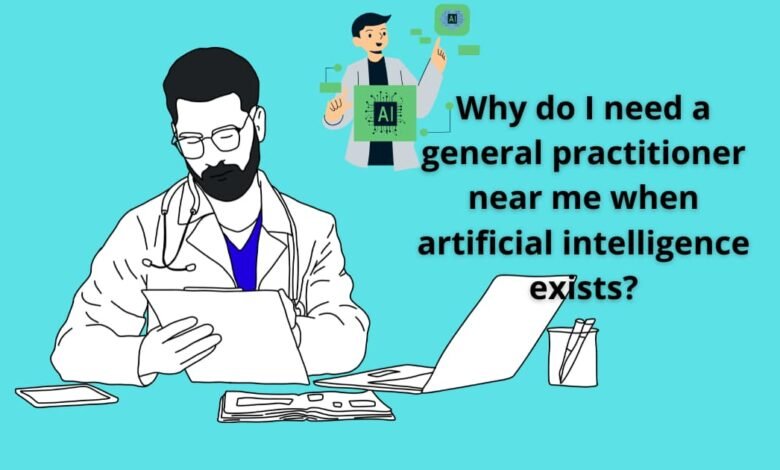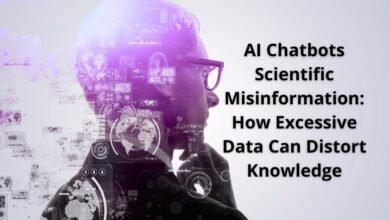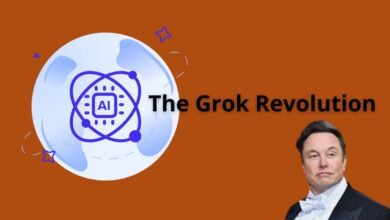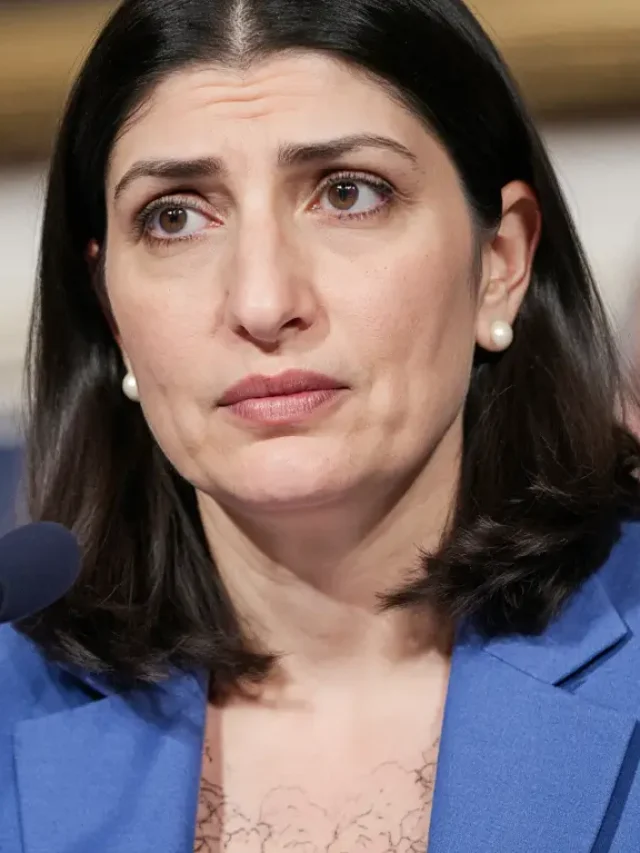Why do I need a general practitioner near me when artificial intelligence exists?

Why do I need a general practitioner near me when artificial intelligence exists? This question reflects the growing curiosity about whether human doctors are still essential in an age where advanced technologies can analyze health data, interpret medical images, and even suggest treatments. In this article, we will explore the role of a general practitioner, compare it with the rise of artificial intelligence in healthcare, and evaluate whether AI can truly replace the need for a doctor in your neighborhood.
What is the role of a general practitioner near me?
A general practitioner near me is a medical professional who serves as the first point of contact for patients experiencing health concerns. Their role is not limited to prescribing medicine; they provide a holistic approach to healthcare. A GP can:
- Diagnose common illnesses such as infections, flu, and allergies.
- Manage chronic conditions like diabetes, hypertension, and asthma.
- Offer preventive care, including vaccinations and lifestyle advice.
- Refer patients to specialists when a deeper or more complex diagnosis is required.
Interestingly, even though general practitioners rely on their education and experience, they also consult external resources. For example, a GP may turn to trusted medical books or updated clinical guidelines to confirm a diagnosis. Additionally, many doctors use the internet and professional medical databases to ensure they are applying the latest evidence-based practices. This process shows that while GPs are experts, they also remain learners who continuously update their knowledge.
AI Chatbots Scientific Misinformation: How Excessive Data Can Distort Knowledge
The question of artificial intelligence in healthcare
Here comes the critical question: if the responsibilities of a general practitioner are often straightforward, could artificial intelligence perform these tasks instead? AI has already proven its capacity in healthcare by:
- Analyzing patient symptoms: AI-driven chatbots and diagnostic tools can suggest possible conditions based on symptoms described by the patient.
- Interpreting medical images: With deep learning, AI systems can detect anomalies in X-rays, MRIs, and CT scans, sometimes more accurately than humans.
- Predicting health risks: AI can identify early warning signs of diseases by analyzing large datasets, something beyond the capacity of an individual doctor.
- Providing personalized advice: AI can recommend treatments or lifestyle changes tailored to each patient’s medical history.
These capabilities raise the argument that for many common conditions, an AI system could potentially replace the need to visit a local GP. For example, if someone has a skin rash, AI-powered apps can analyze photos and provide immediate suggestions, saving time and effort.
Why humans still matter in medicine
Despite the impressive abilities of artificial intelligence, there are aspects of medicine that technology cannot fully replicate. A general practitioner does more than just diagnosis:
- Human empathy: Patients often need reassurance, compassion, and emotional support, which machines cannot deliver.
- Complex judgment: Some cases are not straightforward, requiring intuition and human reasoning beyond raw data analysis.
- Ethical considerations: A GP can weigh cultural, personal, and ethical factors in patient care that AI systems are not equipped to handle.
- Trust and accountability: When mistakes occur, humans can be held accountable, but who takes responsibility if AI fails?
In other words, AI can be a powerful assistant but not a complete replacement. A balanced model where AI supports doctors could represent the future of healthcare—making diagnoses faster and more accurate while keeping the human touch intact.
The future of healthcare: partnership between GP and AI
The most realistic outcome is not an “either/or” choice but a partnership. Imagine visiting a general practitioner near me who uses AI tools during consultations. The doctor would have instant access to predictive analytics, updated guidelines, and diagnostic support, while also providing empathy and personalized care. This hybrid model could significantly reduce waiting times, improve accuracy, and deliver a better healthcare experience.
Conclusion
So, why do I need a general practitioner near me when artificial intelligence exists? The answer is that while AI can perform many tasks efficiently, it cannot replace the human connection, ethical decision-making, and holistic approach of a GP. Instead of viewing AI as competition, we should see it as a tool that empowers doctors and enhances patient care. The future of medicine will likely be defined by this collaboration—where human and machine work side by side to create a healthier world.
FAQ
1. Can artificial intelligence diagnose diseases better than a general practitioner?
AI can sometimes detect patterns in medical images or data more accurately, but it lacks the human intuition and context that doctors bring.
2. Will AI completely replace general practitioners?
No. AI will assist doctors, but the human element of care remains irreplaceable.
3. Why is empathy important in medicine?
Patients often need emotional support along with treatment. Empathy builds trust and improves recovery outcomes.
4. Can AI provide personalized healthcare?
Yes, AI can analyze patient history and offer personalized advice, but it still requires human oversight.
5. What is the ideal model for future healthcare?
A partnership where general practitioners use AI as a supportive tool to enhance diagnosis, treatment, and patient communication.
Discover more from Feenanoor
Subscribe to get the latest posts sent to your email.









